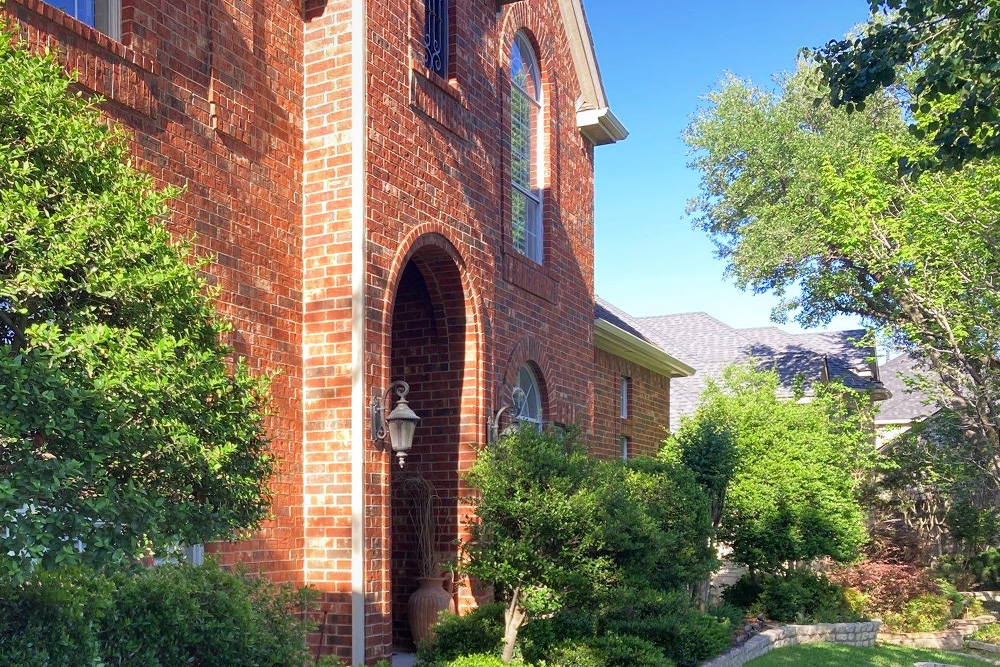Best Time of Year for Foundation Repair? (Hint: Sooner Is Better Than Later)

If you’ve been noticing cracks in your walls, doors that stick, or uneven floors, chances are you’ve started to wonder: “Is now a good time to get foundation repair done?”
The truth? The best time of year for foundation repair depends on a few factors—like your local climate, the condition of your foundation, and how severe the damage is. But spoiler alert: waiting for the “perfect” season isn’t always the best move.
Let’s walk through what to consider and how to decide when to schedule that all-important foundation fix.
So, When Is the Best Time for Foundation Repair?
Most foundation repair professionals agree that spring and fall are typically the best seasons for foundation repair work. Here’s why:
Spring: A Time of Renewal (and Repairs)
Spring is often ideal for foundation repair because:
- Soil moisture levels are moderate—not too dry, not too saturated
- Fewer temperature extremes, making it easier for crews to work efficiently
- Early detection—if your home experienced any shifting or damage over the winter, signs will start to show now
Scheduling repairs in early spring can help you stay ahead of summer heat and soil movement.
Fall: Cool, Calm, and Perfect for Structural Work
Fall is another favorable time, offering:
- Stable soil conditions, especially after summer’s dryness
- Dryer weather, which means fewer delays in project timelines
- Prep for winter—getting repairs done before cold weather sets in prevents additional seasonal stress on your foundation
Why You Shouldn’t Wait for the “Right” Season
While spring and fall are excellent options, the truth is this: the best time to repair your foundation is as soon as you notice an issue.
Foundation problems don’t operate on a seasonal schedule. Cracks, settling, and shifting can—and will—get worse over time, regardless of the calendar. Waiting might feel convenient, but it can lead to:
- Worsening damage
- Higher repair costs
- Risk to your home’s structural integrity
- Potential safety hazards for your family
Don’t wait for spring if it’s winter. Don’t wait for fall if it’s summer. If you see something concerning, get a professional assessment ASAP.
Common Signs Your Foundation Needs Repair (Regardless of the Season)
Not sure if your home’s foundation is trying to tell you something? Look out for these common red flags:
- Cracks in walls or ceilings, especially around windows and doors
- Doors and windows that stick or won’t close properly
- Gaps between walls and floors or ceilings
- Uneven or sloping floors
- Cracks in the foundation itself, indoors or out
If any of these sound familiar, don’t brush them off. They’re often early indicators of foundation issues that only worsen with time.
Does Weather Impact Foundation Repairs?
Absolutely. The weather—especially temperature and moisture levels in the soil—can impact both the condition of your foundation and how repairs are carried out.
Here’s how different seasons affect foundation repair:
Winter
- Cold climates with frozen ground can limit repair options and delay projects.
- Mild winter regions may still allow for foundation work, though some materials cure slower in colder temps.
Summer
- Heat and drought can dry out soil, causing it to shrink and shift.
- This can actually reveal new issues, making summer a common time for homeowners to discover problems.
Rainy Seasons
- Heavy rain and overly saturated soil can make excavation more difficult and muddy, possibly causing delays.
- Wet conditions might also make it harder to get an accurate assessment of foundation movement.
This is why professional inspections are so important—a trained team can evaluate your soil, home, and structure to recommend the best course of action, no matter the time of year.
Don’t Forget: Foundation Repairs Can Be Done Year-Round
Yes, certain seasons may offer better soil conditions or milder weather, but foundation professionals are trained to work year-round. The important part is having the right tools, methods, and timing based on your specific location and foundation type.
If you’re working with a reputable contractor or foundation repair company, they’ll know how to:
- Work around the weather
- Use the right materials for the season
- Avoid damage to your landscaping and home
- Minimize downtime or disruption
Planning Ahead Can Save You Time and Money
If you’re not in an emergency situation and you can plan ahead, doing so has some benefits:
- Better appointment availability in spring and fall
- More stable soil conditions, leading to more accurate assessments
- Avoiding peak demand, when contractors may be busiest (often late summer or after major storms)
Even if you’re just noticing early signs and aren’t sure if you need a full repair, scheduling an inspection now could help you prevent a bigger problem down the road.
Final Thoughts: The Best Time for Foundation Repair Is…
- When the signs of damage appear
- When soil and weather conditions allow for safe, efficient work
- When you want to protect your investment and avoid costly emergencies
Whether it’s January, July, or somewhere in between, your home’s stability matters year-round. Delaying foundation repair to wait for the “perfect time” could result in more damage, more stress, and more money out of your pocket.
So if you’re seeing warning signs, don’t hesitate. Reach out to a foundation expert in your area and schedule an inspection. Your future self (and your home) will thank you.



